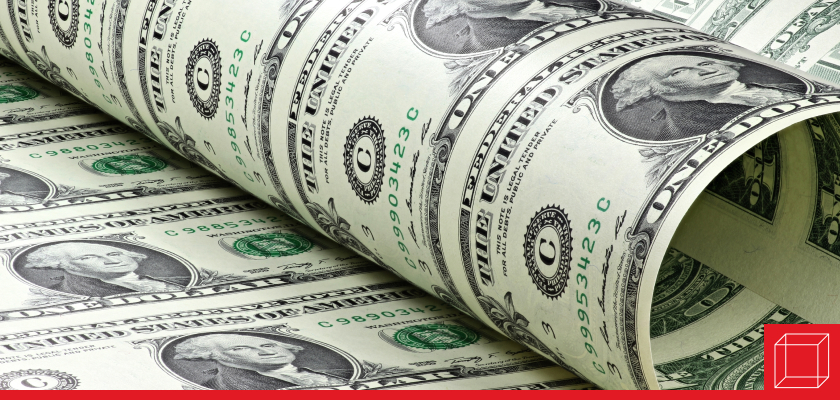Nasdaq Confirms Bear Market | March 2022
Nasdaq enters its first bear market since the onset of the COVID-19.

Nasdaq, one of the largest stock markets in the United States, entered its first bear market since the onset of the COVID-19 pandemic in March 2020. Many current events have contributed to this decline, including the Russian invasion of Ukraine which led to a ban on Russian energy imports.
What is the Nasdaq market?
The two biggest stock markets in the United States are the New York Stock Exchange (NYSE) and the Nasdaq market. Traditionally, the Nasdaq market has been an electronic market, and many of the large technology companies such as Microsoft, Alphabet Inc. (Google), Apple, and Meta (Facebook) trade on the Nasdaq market.
What is a correction?
A correction is a decline of 10% or more from recent highs. This can happen to individual stocks, an index, or a market. Corrections are usually short-term, but they can also last for sustained periods of time.
Correction periods are not uncommon as volatility has always been around. For example, there were three correction periods in 2020 in the Standard & Poor’s (S&P) 500 Index due to the pandemic-fueled economic crisis, rising COVID-19 cases, and election fears. See Table 16.6 in Chapter 16 for more S&P 500 corrections.
What is a bear market?
A bear market is stronger than a correction, marked by a 20% decline from a recent high. In this particular case, the Nasdaq is down more than 20% from its November 19 record-high closing. In this type of declining market, share prices continuously decrease for a period of time, perpetuating the downward trend. According to Dow Jones Markets Data, the typical bear market lasts about 110 trading days.
The Nasdaq Composite, being tech-heavy, has experienced poorer performance than the S&P 500 and the Dow Jones Industrial Average (DJIA) which are much broader. These two indexes are in a correction rather than a bear market, with the S&P down 10.2% from a January 3 peak and the DJIA down 10.8% from a January 4 peak.
Generally, a bear market is synonymous with a weak economy. During a bear market, investors often look for safer, less volatile investments for their idle cash. The last bear market, which was caused by the pandemic and a price war in oil markets, ended quickly due to fiscal spending and the loosening of monetary policy, but it’s unlikely this bear market will end as swiftly. In fact, the U.S. government is considering ways to combat inflation, including an interest-rate increase from The Federal Reserve. Interestingly, a bear market could signal a healthy future return. After entering a bear market, one-year gains for the Nasdaq Composite average 13%.
In the Classroom
This article can be used to discuss volatility in the stock market (Chapter 16: Financial Management and Securities Markets) and Table 16.6 S&P 500 Corrections of > 5% Since March 2009 Low.
Discussion Questions
What is a market correction and why do they occur?
What is a bear market? Discuss the implications of entering a bear market.
Why is this bear market likely to be different from previous bear markets?
This article was developed with the support of Kelsey Reddick for and under the direction of Geoffrey Hirt, O.C. Ferrell, and Linda Ferrell.
Sources
Lewis Krauskopf, Devik Jain, and Sabahatjahan Contractor, "Wall St Slides as Oil Prices Surge, Nasdaq Confirms Bear Market," Reuters, March 7, 2022, https://www.reuters.com/business/inflation-worries-slam-futures-oil-breaches-130-2022-03-07/
Matt Phillips, "Nasdaq Falls into Bear Market Territory," Axios, March 8, 2022, https://www.axios.com/nasdaq-bear-market-territory-stocks-67dff491-af10-438f-b735-40555e88151b.html
Steve Goldstein, "Why This Nasdaq Bear Market Is Likely to Be Different from the Last One," Barron's, March 8, 2022, https://www.barrons.com/articles/things-to-know-today-51646736164



